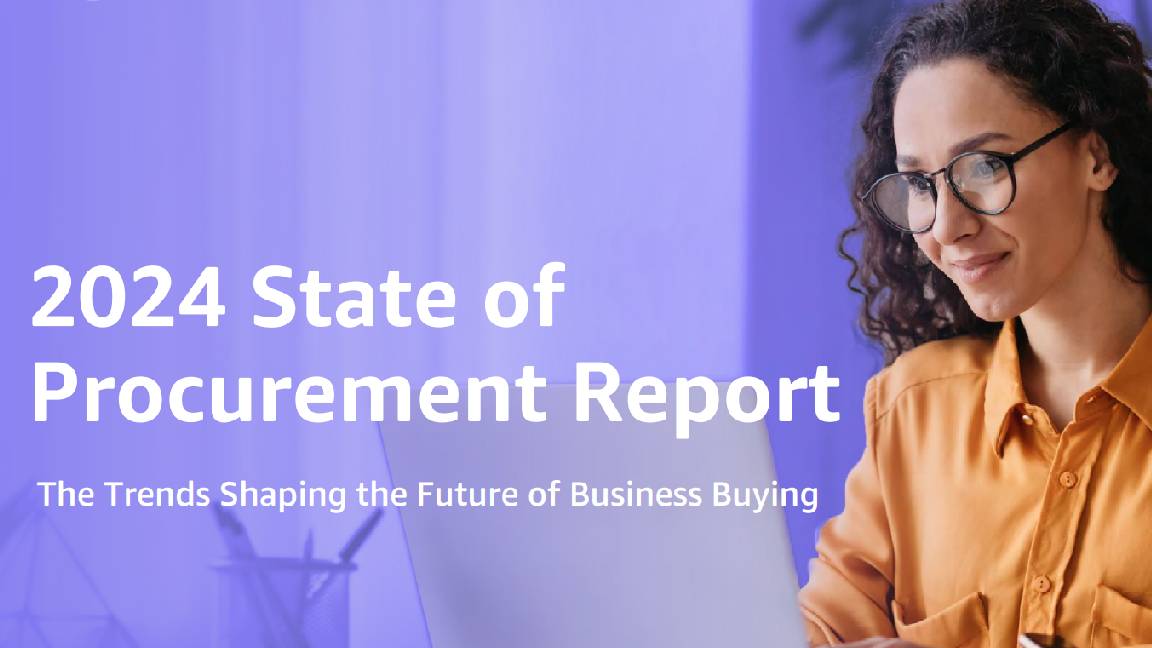Only 13% of firms are tracking their AI energy usage – here’s why that’s a problem
While firms are rushing to adopt AI, they're not keeping on top of the associated power costs


Sign up today and you will receive a free copy of our Future Focus 2025 report - the leading guidance on AI, cybersecurity and other IT challenges as per 700+ senior executives
You are now subscribed
Your newsletter sign-up was successful
While business leaders say they're concerned about the power demands of AI within their organization, few are managing to monitor it properly.
Seven-in-ten business leaders say they're aware of the significant energy required to train or run AI models, and half are concerned about the energy and efficiency challenges this brings.
Yet despite this, just 13% are monitoring the power consumption of their AI systems.
Only six-in-ten acknowledge that energy efficiency will play a crucial role in future strategic planning, thanks to both cost management imperatives and operational scalability concerns.
Rodrigo Liang, CEO of SambaNova Systems, said the study paints a stark picture of AI adoption, with firms rushing to embrace the technology while failing to manage its energy impact.
"Without a proactive approach to more efficient AI hardware and energy consumption, particularly in the face of increasing demand from AI workflows, we risk undermining the very progress AI promises to deliver,” Liang said.
“By 2027, my expectation is that more than 90% of leaders will be concerned about the power demands of AI and will monitor consumption as a KPI that corporate boards will track closely."
Sign up today and you will receive a free copy of our Future Focus 2025 report - the leading guidance on AI, cybersecurity and other IT challenges as per 700+ senior executives
Among those organizations that have widely deployed AI, more than three-quarters are actively seeking to reduce power usage. Popular approaches include hardware and software optimization, adopted by 40%, adopting energy-efficient processors (39.3%), and investing in renewable energy (34.9%).
For one-fifth of companies, rising power costs are a pressing issue, with 37% experiencing increasing stakeholder pressure to improve AI energy efficiency, and a further 42% expecting these demands to emerge soon.
However, while seven-in-ten leaders recognize the energy-intensive nature of training large language models (LLMs), only six-in-ten are aware of the significant power demands of inference.
This highlights a critical gap, researchers said, as inference workloads are set to dominate AI usage with the scaling of Agentic AI.
RELATED WHITEPAPER

Similarly, the excessive power consumption and prohibitive costs associated with current GPU-based solutions are likely to force many enterprises to seek more efficient alternatives.
This has the potential to fundamentally change the AI hardware landscape to favor solutions that deliver high performance without unsustainable energy demands.
"The rapid pace of AI adoption underscores a critical need for enterprises to align their strategies with the power requirements of AI deployment," said Liang. "As businesses integrate AI, addressing energy efficiency and infrastructure readiness will be essential for long-term success."
Late last year, the International Energy Agency (IEA) found that interactions with solutions like ChatGPT use ten-times more electricity than a standard Google search.
Training a large language model uses nearly 1,300MWh of electricity, the agency found - the annual consumption of about 130 US homes.
And if ChatGPT were integrated into the nine billion searches carried out each day, the electricity demand would increase by 10 terawatt-hours per year.
Emma Woollacott is a freelance journalist writing for publications including the BBC, Private Eye, Forbes, Raconteur and specialist technology titles.
-
 How the Cybersecurity and Resilience Bill could impact MSPs
How the Cybersecurity and Resilience Bill could impact MSPsIndustry Insights With the Cybersecurity and Resilience Bill now in Parliament, how should MSPs prepare for heightened regulatory scrutiny?
-
 ITPro Best of Show NAB 2026 awards now open for entries
ITPro Best of Show NAB 2026 awards now open for entriesThe awards are a fantastic opportunity for companies to stand out at one of the industry's most attended shows
-
 Google says hacker groups are using Gemini to augment attacks – and companies are even ‘stealing’ its models
Google says hacker groups are using Gemini to augment attacks – and companies are even ‘stealing’ its modelsNews Google Threat Intelligence Group has shut down repeated attempts to misuse the Gemini model family
-
 Why Anthropic sent software stocks into freefall
Why Anthropic sent software stocks into freefallNews Anthropic's sector-specific plugins for Claude Cowork have investors worried about disruption to software and services companies
-
 B2B Tech Future Focus - 2026
B2B Tech Future Focus - 2026Whitepaper Advice, insight, and trends for modern B2B IT leaders
-
 What the UK's new Centre for AI Measurement means for the future of the industry
What the UK's new Centre for AI Measurement means for the future of the industryNews The project, led by the National Physical Laboratory, aims to accelerate the development of secure, transparent, and trustworthy AI technologies
-
 Half of agentic AI projects are still stuck at the pilot stage – but that’s not stopping enterprises from ramping up investment
Half of agentic AI projects are still stuck at the pilot stage – but that’s not stopping enterprises from ramping up investmentNews Organizations are stymied by issues with security, privacy, and compliance, as well as the technical challenges of managing agents at scale
-
 What Anthropic's constitution changes mean for the future of Claude
What Anthropic's constitution changes mean for the future of ClaudeNews The developer debates AI consciousness while trying to make Claude chatbot behave better
-
 Satya Nadella says a 'telltale sign' of an AI bubble is if it only benefits tech companies – but the technology is now having a huge impact in a range of industries
Satya Nadella says a 'telltale sign' of an AI bubble is if it only benefits tech companies – but the technology is now having a huge impact in a range of industriesNews Microsoft CEO Satya Nadella appears confident that the AI market isn’t in the midst of a bubble, but warned widespread adoption outside of the technology industry will be key to calming concerns.
-
 Workers are wasting half a day each week fixing AI ‘workslop’
Workers are wasting half a day each week fixing AI ‘workslop’News Better staff training and understanding of the technology is needed to cut down on AI workslop
